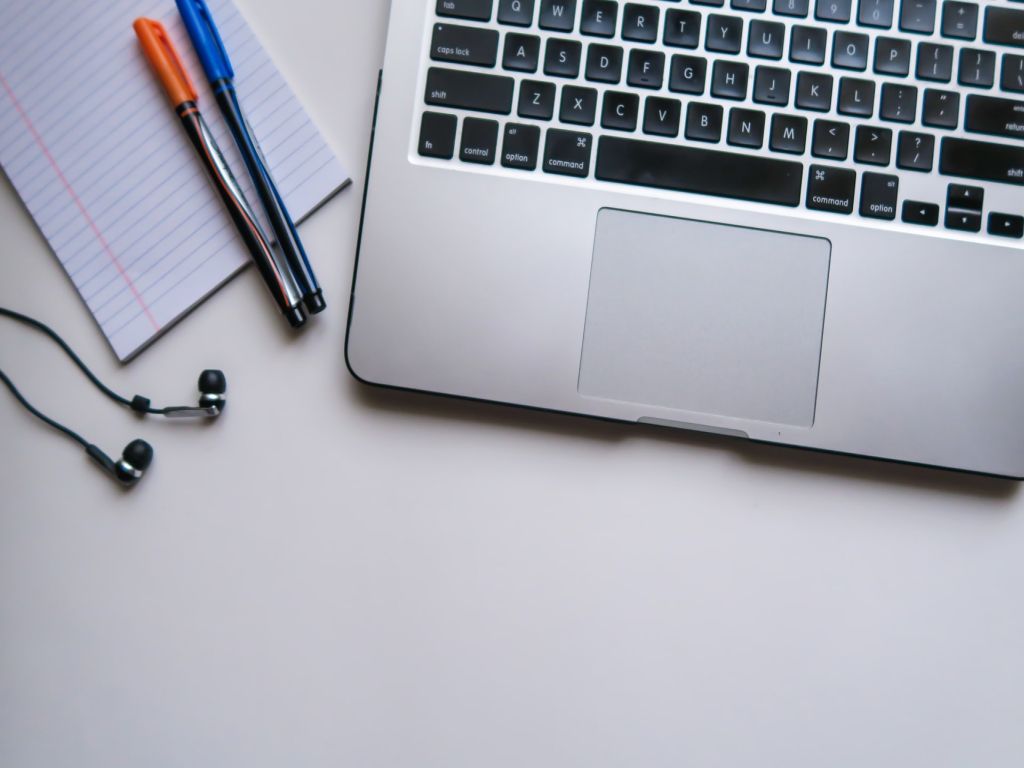In-depth interview is a concept in the field of sociology and statistics, but it also works well in the business world. When is it worth using and for what purpose can it be useful?
- What is an individual in-depth interview?
- What is the in-depth interview for?
- Various types of individual in-depth interview
- Forms of meeting with the respondent
- Advantages and disadvantages of an in-depth interview
Individual in-depth interview is, apart from focus group interviews, one of the techniques used in marketing research. About the differences between quantitative and qualitative marketing research we wrote recently on our blog. Now it's worth taking a closer look at these topics. In-depth interview is one of the tools in qualitative marketing research. What exactly is it used for?
What is an individual in-depth interview?
"Individual in-depth interviews (...) are a conversation of the interviewer (...) with the respondent. The duration of such interviews varies between half an hour and a half, and longer interviews are rarely used. Individual interviews are usually recorded on audio cassette, therefore they do not require a professional studio. " writes in her work "Individual Interviews In-Depth and Focused Group Interviews" Magdalena Nicińska. Małgorzata Nicpoń and Radosław Marzęcki from the UP in Krakow add that "it is most often used as a supplement to quantitative research or as an exploratory method before quantitative research (...) It allows you to learn about the ways of thinking, experiencing, habits, gestures and motivation, value systems or dominant attitudes of the respondents. "
What is the in-depth interview for?
Individual in-depth interview is used in political science research, for statistical purposes (e.g. census) and in marketing. Such research may, for example, constitute a broader one marketing audit. As part of it, the owner of the company also gets to know the opinions of respondents or experts about it. In the course of such a survey, you can interview former and current customers, people from the target group, as well as the experts already mentioned. On this basis, you will find out, for example, if your communication strategy it works. You will know what your customers think about your prices or whether there is a demand for a given product. An experienced interviewer is able to choose the formula and conduct the research accordingly. Yes, to obtain information that is difficult to obtain under any other circumstances. The interview is often conducted at home and in private. This creates an atmosphere conducive to confiding and honesty, and these are invaluable support in planning marketing activities.
3 types of interviews
The methodological classification lists structured, semi-structured and loose in-depth interviews.

Various types of individual in-depth interview
A structured interview is a set of ready-made questions. It is worth noting here that the researcher should have some freedom in choosing, for example, their order and raising some additional issues, if he feels that he will achieve a better result in this way. Usually, however, it comes with a ready-made test scenario, even if it can be applied flexibly.
A semi-structured in-depth interview allows the respondent to share loose comments on a given topic with the researcher. The interviewer dictates the topic, but within it, the respondent is actually at liberty. The interviewer may correct the direction in which the survey is going, e.g. by returning to the main thread. Rather, information flows in one direction - from the subject towards the researcher, who remains more passive.
An individual, in-depth interview without structure is a conversation between two people on a generally outlined topic. It has an open formula, because the researcher does not know in which direction the conversation will flow. It can bring the most surprising, revolutionary conclusions, but it is also more difficult to carry out. Asking questions according to the questionnaire is simple, while an empathetic conversation with another person for a certain period of time is a task rather for a person with a social or psychological background.
Do you want to conduct research among your clients?
Check what we can do for you!
Forms of meeting with the respondent
There are also various forms of such a meeting with the respondent. One of them is the so-called double interview, where the respondents are two people who know each other at the same time, such as a parent and a child or a couple. One of the most famous studies of this type was conducted in 1982 by researchers Lee Harvey, Michael Little and David Turner in the stands before the game. Although the individual in-depth interview - as its name indicates - is conducted with one respondent, in this case additional insight and color were also provided by other fans. An in-depth interview can also look like this. For example, when a researcher talks with a respondent about shopping habits, the observations made in the background by her partner may help to understand the situation really well and assess it better.
A breakthrough discovery
The individual in-depth interview has brought about some of the biggest breakthroughs in the history of marketing. Their role in his work was mentioned, among others, by Claude Hopkins and many other famous people marketers. Properly used, they are invaluable sales support and strategy.

Advantages and disadvantages of an in-depth interview
While it may seem costly to conduct hourly interviews with individuals, talking to more than a dozen people is actually a small expense with huge benefits. If you are not sure about the motivation of customers or you lack inspiration, it may be during such an interview that you will find the missing piece of the puzzle you are looking for.
The disadvantage of this type of information acquisition may be the time needed to collect it reliably. An individual interview in the marketing process covers from a few to even a hundred people interviewed. Each interview lasts up to 1.5 hours, and the results still need to be written down, interpreted and presented. It takes time. After all, nothing gives you such deep knowledge as an individual, in-depth interview. Therefore, it is worth using this method, for example as a supplement to focus or quantitative research. Finally, it is important to mention the importance of a clear research goal. Without it, 1.5 hours of casual conversation can be time wasted. It is different when the researcher knows exactly what data he wants to get and uses every minute to collect relevant results.
And for you - how can we help?
Contact us and develop your business!

